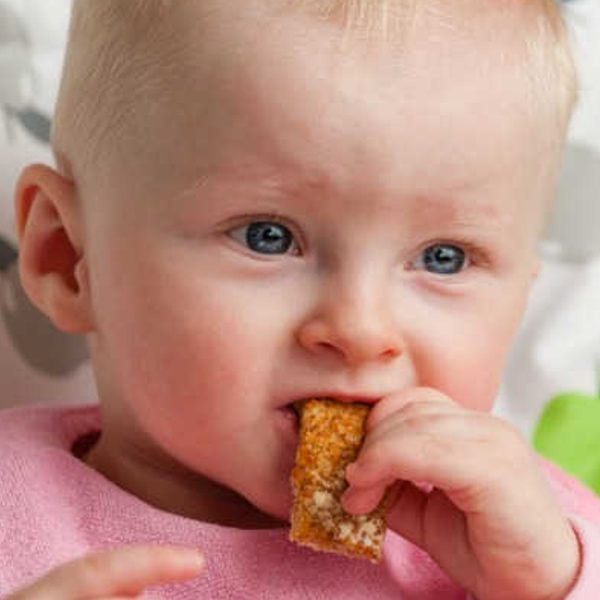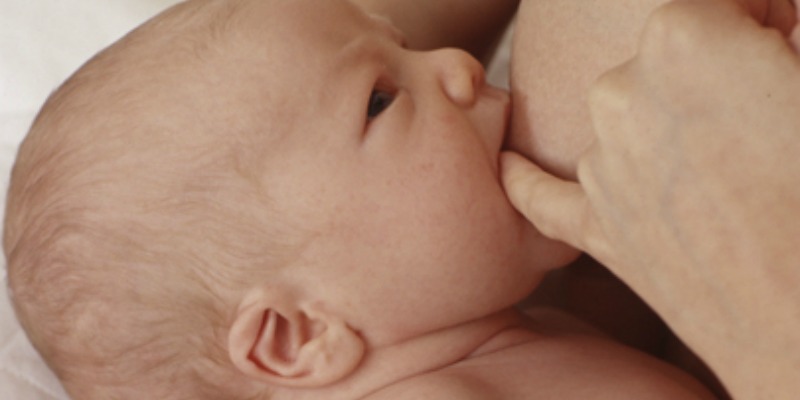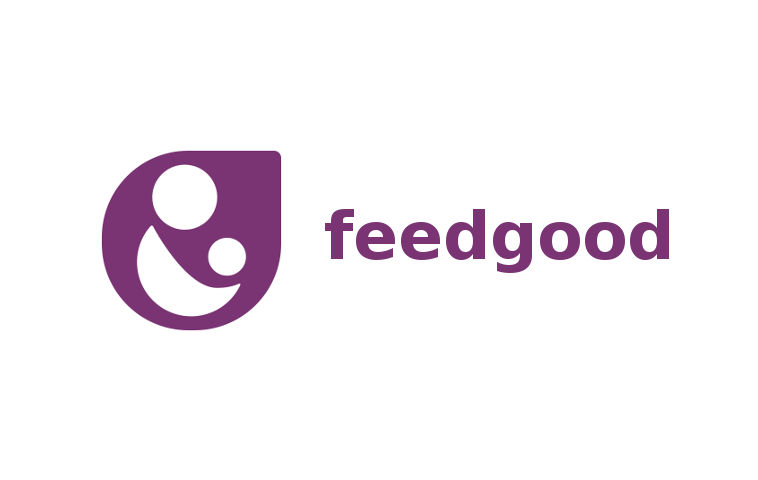Breastfeeding for this long is a huge achievement, and if you and your baby are still enjoying the experience there's no reason for you to stop.
Why should I continue breastfeeding past 6 months?
Some people think that once your baby reaches this stage, it's less important to breastfeed. However, even once you've introduced solids to your baby's diet they will still need milk – and breast milk is still the best source of nutrition you can offer your baby. The longer you continue breastfeeding, the better for you and your little one. Your risk of diseases like breast and ovarian cancer are reduced, and your baby continues to get better protection from common illnesses. Plus, it really helps you lose any extra weight!
Top tips for breastfeeding older babies
As naps become less frequent and your baby becomes more aware of the world around them, breastfeeding can get a bit trickier. Here you'll find some top tips for feeding your older and more easily distracted baby.
Tip #1: Teething and feeding
Tip #1: Teething and feeding
Tip #2: Coping with biting
Tip #2: Coping with biting
Tip #3: When your baby gets distracted
Tip #3: When your baby gets distracted
Tip #4: Keep it going!
Tip #4: Keep it going!
When should I start introducing solid foods?

baby eating a piece of toast
Breast milk provides everything your baby needs for the first 6 months, but as they grow older they'll still need breast milk to keep them as healthy as possible.
Six months is the recommended time to start introducing solid foods. It helps your baby learn about textures, flavours and starts getting them used to eating together with the rest of the family. Before your baby reaches 6 months, your baby's immune and digestive systems are still developing. Once they reach the 6 month stage, your baby's system will be developed enough to cope with solid foods and they will now need more nutrients than they can get from milk, like iron. However, weaning too early can increase your child's risk of allergies and being overweight in childhood.
Try and gradually increase the variety and amount of solid foods so that by the time your baby is 12 months, food rather than milk makes up most of their diet.
You can find out more detailed information about introducing solids in our pages on weaning and first foods and in First Step Nutrition's guide Eating well: the first year.
Should I continue to breastfeed once my baby’s eating solid foods?
Introducing solids doesn’t mean you have to stop breastfeeding. It's actually recommended that you breastfeed in combination with solids for the first two years of your child's life and beyond, or for as long as you and your baby want to continue. The longer you continue breastfeeding, the more benefits there are for you and your baby. Still, when to start weaning is a personal decision.
Taking the lead from your baby or toddler
The best approach for weaning is to look for signs from your child. A preference for drinking cow’s milk, water or juice from a cup and no longer being willing to sit still are common reasons that mums begin weaning their little ones from the breast.
If you want your child to keep getting the nutrients from your breast milk after they've shown signs they no longer want to breastfeed, you can continue giving them expressed breast milk in a cup or bottle or add it to some of their food. That way your child will continue to get all the goodness from your breast milk.


